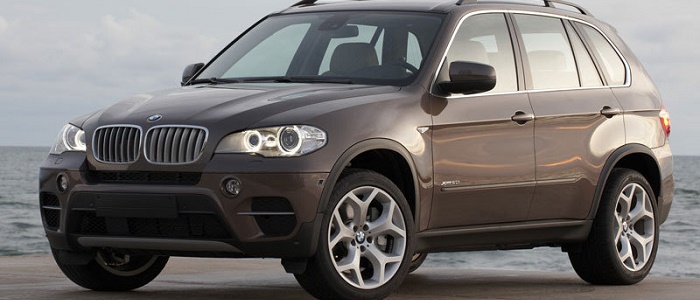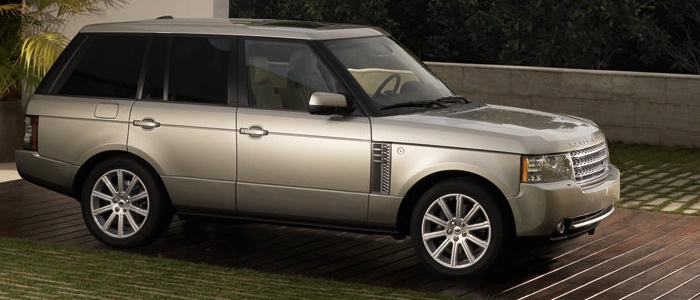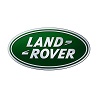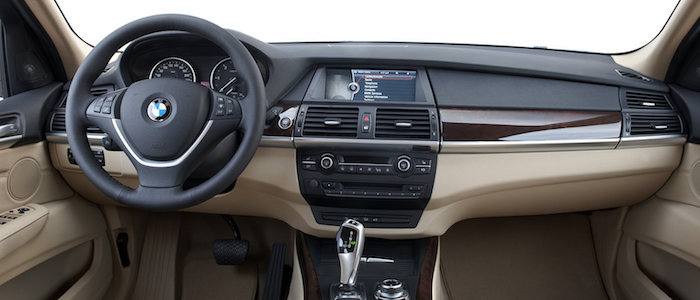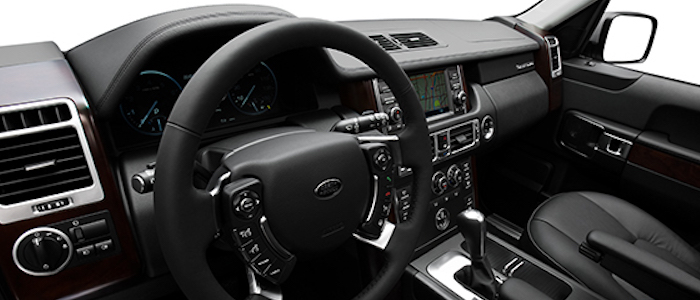Compare two cars
Compare any two cars and get our Virtual Adviser™ opinion
Dimensons & Outlines
Engine
5.0 AJ133 LP
Performance (manual gearbox)
Performance (automatic gearbox)
Expenses
Virtual Adviser's™ opinion
Well, these are two pretty similar cars we have here! It's only details that could potentially make the difference. Considering they both belong to the suv segment and utilize the same 5-door suv body style and the 4 x 4 wheel drive system, it all comes up to the specific petrol engine choice they offer. The first one has a BMW-engineered powertrain under the hood, a 6-cylinder, 24-valves 306hp unit, while the other one gets its power and torque from a 8-cylinder, 32-valves 510hp engine designed by Jaguar.
SafetyThe fact that the Land Rover got tested by the European New Car Assessment Programme (Euro NCAP), while the other contender didn't, offers a slight advantage, as the 4-star rating is better than none. That aside, let's consider some other aspects which affect safety. Both vehicles belong to the suv segment, which is generally a very good thing safety-wise, but it doesn't do much to help us decide between the two. On the other hand, when it comes to weight, a factor that most people underestimate, the British car offers a considerable difference of 28% more metal.
ReliabilityReliability is not the best thing to consider on the make level, but it is worth mentioning that BMW does have a slight advantage, all the models observed together. These are the official statistics, while our visitors describe reliability of BMW with an average rating of 4.1, and models under the Land Rover badge with 3.8 out of 5. Independent research findings rank X5 as average reliability-wise, and Range Rover is more or less at the same level.We should definitely mention that owners of cars with the same powertrain as the German car rank it on average as 4.0, while the one under the competitor's bonnet gets 2.8 out of 5.
Performance & Fuel economyLand Rover is a bit more agile, reaching 100km/h in 0.6 seconds less than its competitor. Still, it lacks the power to win the top speed competition, topping at 225 kilometers per hour, 10km/h less than the other car. When it comes to fuel economy an obvious choice would be the German car, averaging around 10.1 liters of fuel per 100 kilometers (28 mpg), in combined cycle. That's 48% difference compared to the British car!
Verdict
BMW appears just a bit more reliable, although the difference is truly marginal. The most important thing when deciding between any two vehicles should always be safety, both passive and active. In my opinion, everything taken into account, the British car beats the other contender by far, making it the best choice without even considering other things. From there things take a different direction, with BMW offering somewhat better performance, just enough to call it quicker. To make things even better, it consumps less fuel! No mistake, whatever you decide here, but I'd still go for the BMW. Anyway, that's the most objective conclusion I could've came up with and it's based solely on the information found on this website. Aspects such as design, practicality, brand value and driving experience are there for you to measure them out. Also, you could use the oportunity to find out which car, everything taken into account, would be the perfect choice for you in the eyes of the virtual adviser™, out of 12.000+ vehicles we currently have in our database.























